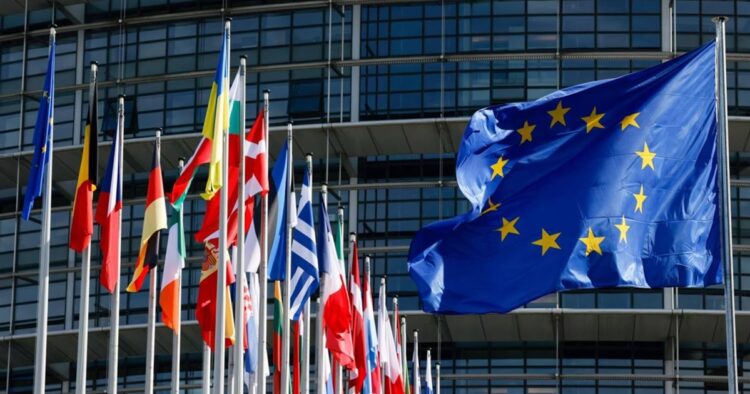Bharat is on the brink of finalizing a groundbreaking trade agreement with a select group of European countries, potentially unlocking a massive investment of up to $100 billion over a span of 15 years. This deal, spearheaded by the European Free Trade Association (EFTA), which includes Switzerland, Norway, Iceland, and Liechtenstein, aims to facilitate easier trade access for these nations to Bharat, the world’s most populous country.
Sources familiar with the matter reveal that the basic framework of the deal has been established, with negotiations now focusing on determining the precise investment amount. While Bharat seeks to formalize the commitment through legally binding terms, European officials suggest that the investment might be framed as a goal rather than a strict obligation, lacking legal enforcement within the agreement’s language.
If successfully concluded, this agreement would represent a historic milestone for Bharat, marking the first time such a substantial investment commitment has been secured as part of a free trade pact. The urgency to finalize the deal is palpable, with efforts underway to expedite legal clarifications to enable signing before India’s forthcoming elections, anticipated to commence in April.
While official responses from India’s commerce ministry are pending, statements from Swiss authorities confirm the broad outlines of the agreement without divulging specific details. Key areas of consensus include provisions for patent protection, traditionally contentious, alongside innovative measures for promoting investment.
Norway’s government has declined to comment on the deal’s terms, reflecting the sensitivity surrounding ongoing negotiations. However, for the EFTA countries involved, particularly Switzerland, the agreement promises significant commercial advantages, offering enhanced market access to India’s burgeoning consumer base of 1.4 billion people.
The potential benefits extend beyond trade in goods, with sectors like pharmaceuticals, medical devices, and manufacturing poised to experience a notable boost. This investment influx, predominantly from private enterprises and state-backed entities, is expected to catalyze job creation, with projections indicating the generation of over a million employment opportunities in Bharat.
Furthermore, the agreement is anticipated to facilitate streamlined mobility for Bharatiya professionals into the EFTA bloc and entail market access concessions for select agricultural products. Notably, even Switzerland, known for its protective stance on farming, appears amenable to easing restrictions on Indian rice imports, given its negligible domestic production levels.
In the broader context, Bharat’s burgeoning economy is increasingly attracting investor interest from various quarters, as global businesses seek to diversify supply chains away from China and tap into new growth markets. With an anticipated growth rate of around 7% in the upcoming fiscal year, India emerges as one of the world’s fastest-expanding major economies, enticing substantial investments, including a potential $50 billion infusion from the United Arab Emirates.
In essence, the prospective trade pact between Bharat and the EFTA nations signifies a pivotal moment in economic diplomacy

















Comments